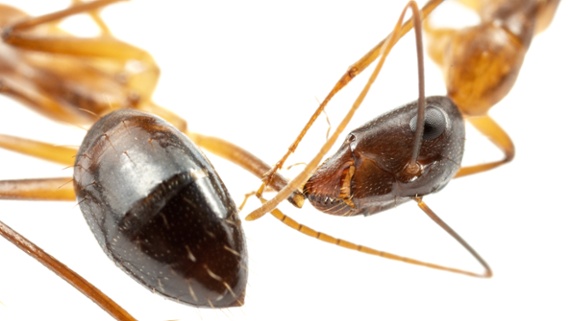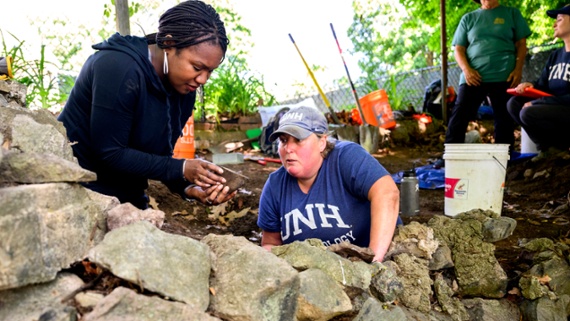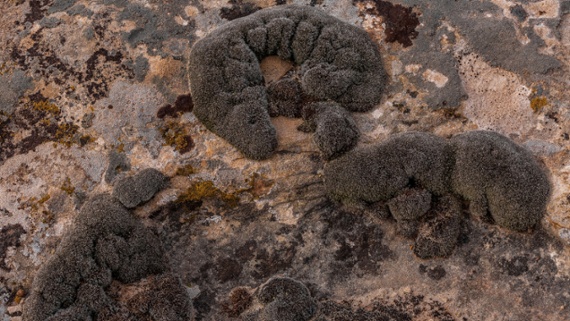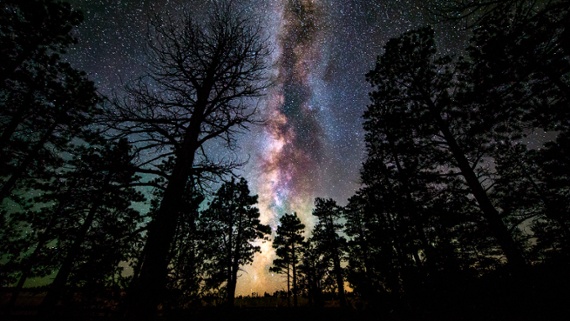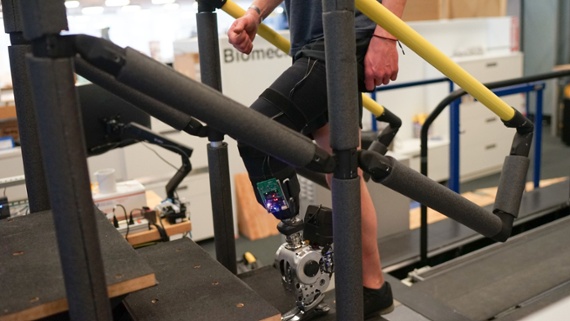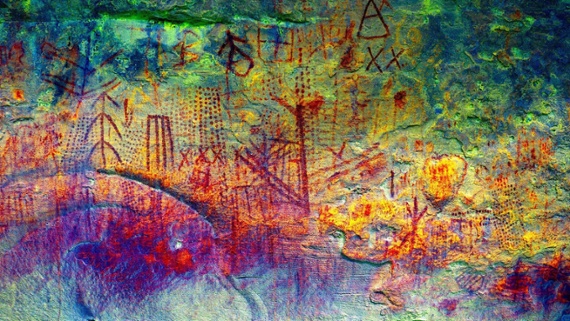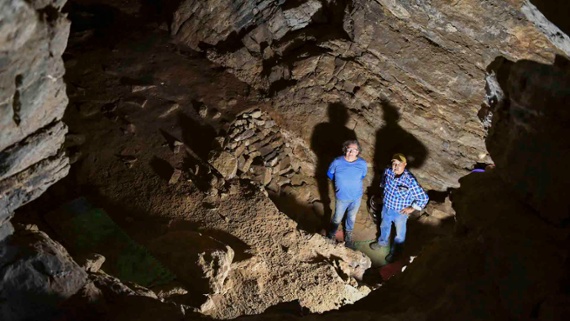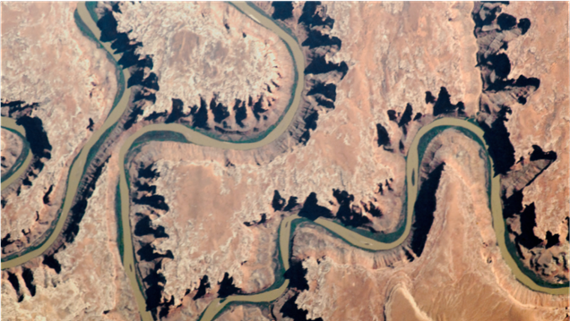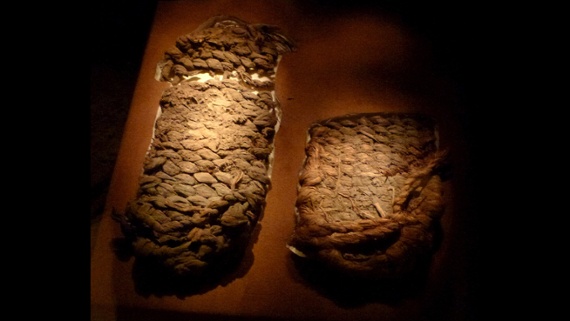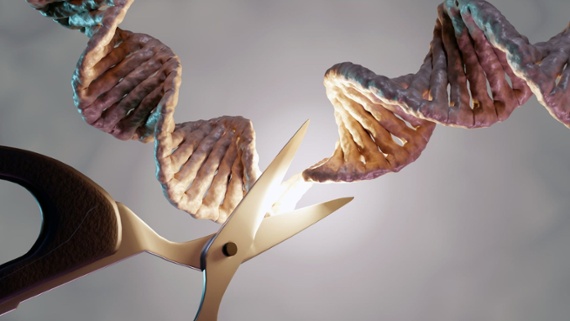July 2, 2024: Plans to dismantle the International Space Station, life experiences impact energy production in the brain, and how Hurricane Beryl turned into a monster. —Andrea Gawrylewski, Chief Newsletter Editor |
|
|
The International Space Station is beloved, an icon of scientific cooperation and achievement. It has been continuously inhabited since 2000, is spread over an area the size of a football field and weighs more than 450 tons. But NASA just awarded SpaceX a $843-million contract to design and build a new vehicle able to destroy the orbiting laboratory sometime around 2031.
Why this is happening: NASA has to act, and fast—the station is already long past its original 15-year design life, and it’s showing its age. Although the agency intends to operate the ISS through 2030, an emergency might shorten that timeline. And an “uncontrolled reentry” is out of the question for something so large and whose orbit covers land where some 90 percent of Earth’s population lives.
How it works: Leaving the ISS in orbit risks the station falling apart and cluttering space with tons of debris that could injure other spacecraft. Lifting the spacecraft to a high enough orbit where it could remain indefinitely would be prohibitively expensive, NASA says. And the station wasn’t built to be taken apart. Unfortunately, deorbiting an object as massive and unwieldy as the ISS is tricky business. The vehicle NASA builds—which a NASA official has said will be based on the design of the Dragon capsule that ferries cargo and people to the station—will need to firmly control the facility all the way down through the tumultuous atmosphere to deposit the station in the southern Pacific Ocean. --Meghan Bartels, Senior News Writer |
|
|
Happy Mind, Happy Mitochondria |
Researchers examined happiness data from 400 individuals ages 65 and older across the U.S. They found that positive life experiences (a sense of purpose, having strong social ties) were closely associated with a greater abundance of mitochondrial complex I, a key group of proteins involved in mitochondrial energy generation in the brain's dorsolateral prefrontal cortex. Negative experiences (like isolation or difficult childhood experiences) were associated with a lower abundance of the same protein complex. Why this matters: This study adds to a growing pile of evidence showing that the mind, through good and bad experiences in life, has a direct impact on biological functions in the body (often called the mind-body connection). Different-functioning mitochondria in the brain could impact mental health or the occurrence of disease, ranging from schizophrenia to Parkinson’s disease.
What the experts say: States of mind and prior experiences such as early-life trauma can shape mitochondrial function, says Vidita Vaidya, a neuroscientist at the Tata Institute of Fundamental Research in India. Previous studies have shown that stress levels can affect the functioning of mitochondria in immune cells. |
|
|
Hurricane Beryl approximately 1800 miles from the U.S. east coast. |
|
|
• The Supreme Court’s recent ruling on the “Chevron deference” could affect federal regulations of everything from power plant emissions to electric vehicles to transmission lines. | 7 min read |
|
|
• Flash pasteurization destroyed bird flu (H5N1) viral particles in raw milk, a new study shows. | 4 min read |
|
|
• On social media, videos touting cancer-curing diets garner billions of views. On Amazon and other retailers, cancer diet books and purported cancer-curing herbs and untested treatments abound. "Dietary evangelists seem to have missed the last century of cancer research," writes David Robert Grimes, a scientist and author. "While miraculous claims hold understandable appeal, our best protection against charlatans and fools is always healthy skepticism." | 5 min read |
|
|
Composite colored scanning electron micrograph of T-cells and a cervical cancer cell. Steve Gschmeissner/Science Source |
|
|
The placebo effect often gets dismissed as not being "real." But given that a person's psychological state has been shown to impact their immune or heart health and now mitochondrial activity, it makes sense that merely thinking that a treatment is making you better could yield a measurable effect. Though thoroughly-tested medical treatments are your best bet, allergies, depression, fatigue and even knee pain may respond to placebo. The mind makes it real. |
Let me know what you think of this newsletter by emailing: newsletters@sciam.com. Your feedback helps us improve! See you tomorrow. |
—Andrea Gawrylewski, Chief Newsletter Editor |
Subscribe to this and all of our newsletters . |
|
|
Scientific American
One New York Plaza, New York, NY, 10004 | |
|
|
Support our mission, subscribe to Scientific American | |
|
|
|
|
|
|
|

